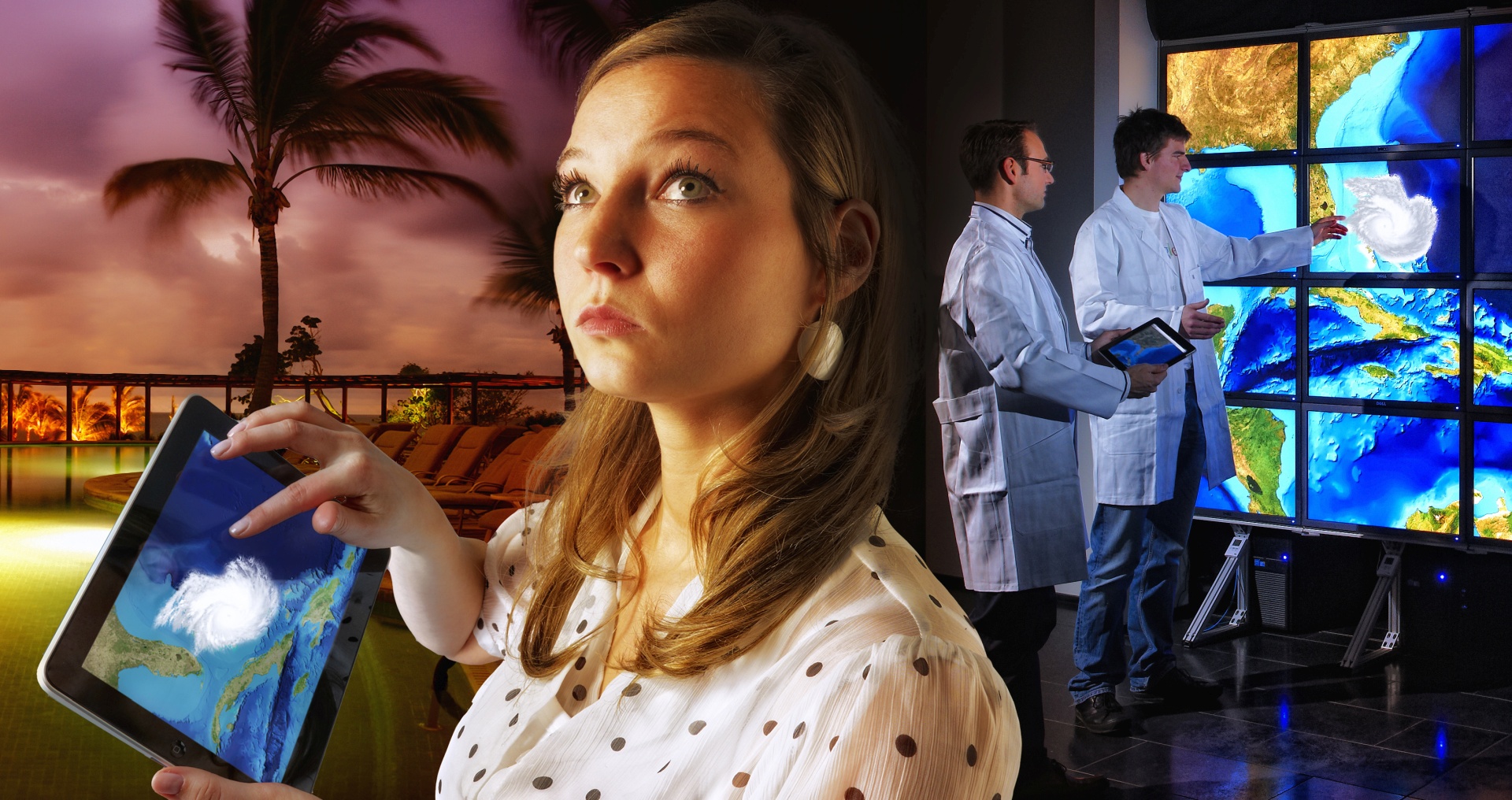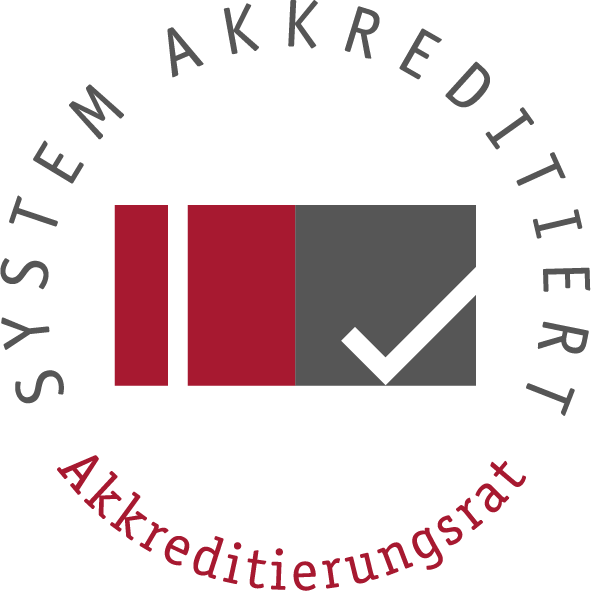Visual Computing (M.Sc.)

Study with internationally recognised experts at one of Germany's leading locations
Visual perception is responsible for most of our impressions about the world around us. This is why computers are being increasingly used to process digital images and visual simulations. Areas in which these applications are already well established include medical technology, the automotive industry, multimedia systems and industrial quality control. Creating and analysing digital images requires specialist knowledge. The master's degree programme 'Visual Computing' at Saarland University is therefore a joint undertaking involving the university departments of Informatics and Computer Science, Mathematics and Systems Engineering, the medical technology division at the Fraunhofer Institute for Biomedical Engineering and the Max Planck Institute for Informatics. The programme also maintains close cooperative ties with the Max Planck Institute for Software Systems, the German Research Center for Artificial Intelligence and the Fraunhofer Institute for Nondestructive Testing, which is also located on the Saarbrücken campus.
The M.Sc. programme 'Visual Computing' teaches students the fundamental principles, processes and applications of computer-assisted processing of visual information. Students will become acquainted with the theory and practice of image analysis and pattern recognition. They learn how images are generated, processed and analysed from a technical point of view, and how to create static and animated images that are the best possible representation of reality. The requisite theoretical and practical knowledge is taught in courses and modules that cover image generation and the underlying geometrical principles, image synthesis and image analysis and related areas. Students on the master's programme also acquire important fundamental knowledge in the disciplines of mathematics, informatics, physics and mechatronics.
English is the language of instruction and examination. Particularly talented students are eligible for scholarships from the International Max Planck Research School for Computer Science. Graduates from the Saarbrücken master's programme not only have an excellent foundation from which to undertake subsequent doctoral research work, they also have excellent career prospects in a wide range of fields, including the optical industry, the medical technology sector, bioinformatics, the automotive industry, telecommunications, industrial quality control, multimedia, media design and robotics.
The master's programme can be studied either part time or full time. Students must study full time when working on their master's thesis in the final semester. More information is available on the Part-time studies website (available in German only).
English language courses and a course teaching German as a foreign language are offered by the Max Planck Institute for Informatics (MPII). Additional language courses are offered by the International Office and the Language Centre at Saarland University. Students can earn up to 6 credits towards their master's degree from language courses.
The degree programme is composed of lectures and seminars. Some of the lecture courses have accompanying tutorials or problem-solving classes. Students are also required to compile and submit a master's thesis.
Taught courses conclude with an assessment of student learning, which is usually graded. Credits gained from assessments are cumulative and contribute to the student's overall academic achievement. Detailed information on the type and duration of the academic assessment for each course can be found in the study regulations and module descriptions.
To complete the master's programme, students must accumulate 120 credit points (CP). The standard period of study is four semesters, with students typically accumulating 30 CP per semester.
Additionally, students are awarded 37 CP for completing their master's thesis and the accompanying master's seminar at the end of their studies.
The exact modalities and the current range of courses can be found in the study regulations and the course catalogue.
In order to be admitted to the programme, students must have received a bachelor's degree or equivalent qualification from a German or foreign university in the field of Visual Computing or a related field (particularly informatics, computer science, mathematics, physics, electrical engineering or mechatronics) or proof of equivalent academic achievement.
Specifically, they must also provide the following information and/or documents:
- Proof of previous academic qualifications (school and higher education)
- A dossier or a qualified letter of reference that demonstrates the student's particular interest in the M.Sc. programme
- Details about relevant work/study periods abroad and relevant work experience or internships
- Proof of advanced proficiency in English (C1, a MOI (Medium of Instruction) cannnot be accepted, see the FAQ for a list of accepted certificates)
- Study regulations (2025)
- Study regulations (2020)
- Examination regulations
- Subject-specific regulations (2025)
- Subject-specific regulations (2020)
- Module handbook (2020)
- Module handbook (2025) (preliminary)
Students can begin this programme at the beginning of the winter or summer semester. Applications should normally be received by 15 May for students wishing to begin in the winter semester and by 15 November for students starting in the summer semester. Applicants who apply by May 15th for the following summer semester are expected to receive a letter of admission by mid-July if the respective Master's commission makes a positive decision. Applicants who apply by November 15th for the following winter semester are expected to receive a letter of admission by mid-February if the respective Master's commission makes a positive decision.
Applications should be submitted via the online application portal managed by the Department of Computer Science, where you will find further useful information about the application and admission procedures.
| Standard period of study | 4 semesters for full-time students Part-time studies are possible |
| Language of instruction | English |
| English language requirements | GER: C1 (a MOI (Medium of Instruction) is not accepted, see FAQ) |
| Restricted entry | No |
| Application deadline for the winter semester | Early deadline: Nov 15 (positive decision: notification at the lastest in February of the following year) Late deadline: May 15 |
| Application deadline for the summer semester | Early deadline: May 15 (positive decision: notification at the lastest in July) Late deadline: Nov 15 |
| Tuition fees | Not applicable |
| Semester fee | See current fee structure |
| Web page | Website of the master's programme |
Course adviser
Study coordination
of Computer Science
Dr.in Rahel Stoike-Sy
Barbara Schulz-Brünken
Saarland Informatics Campus
Building E1 3, Room 207-209
master(at)cs.uni-saarland.de
Saarland Informatics Campus
Central Student Advisory Service
Saarbrücken Campus
Building A4 4, Ground floor
Phone: +49 681 302-3513
studienberatung(at)uni-saarland.de
www.uni-saarland.de/studienberatung
Central Student Advisory Service
Saarbrücken Campus
Building A4 4, Ground floor
Phone: +49 681 302-3513
studienberatung(at)uni-saarland.de
Central Student Advisory Service

Accredited study programmes
Saarland University was one of the first universities in Germany to achieve Quality Assurance Accreditation and has held the Accreditation Council's official quality mark continuously since 2012.
Quality management
